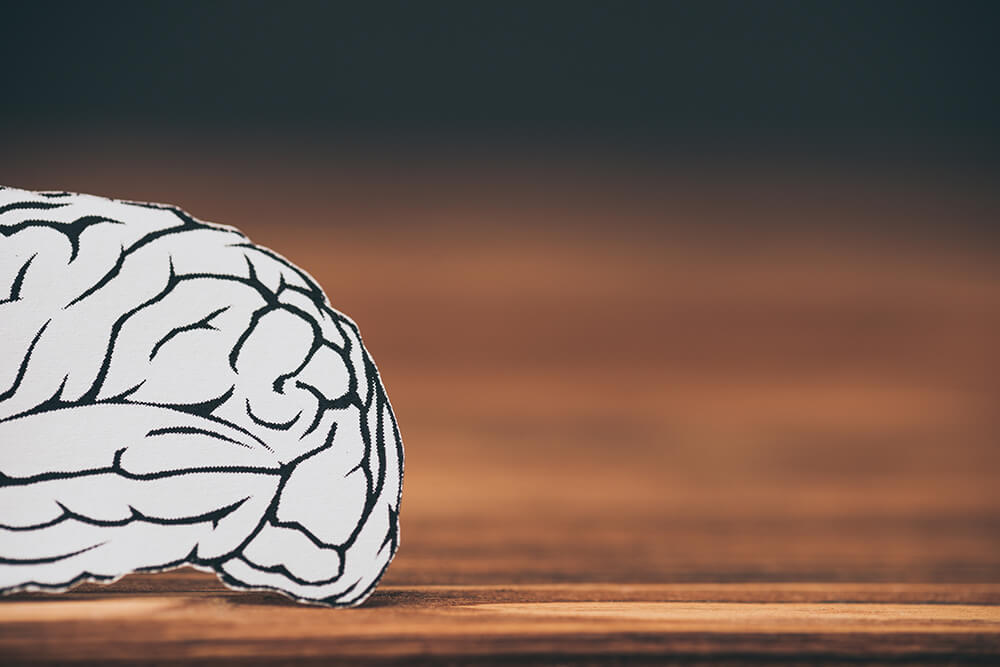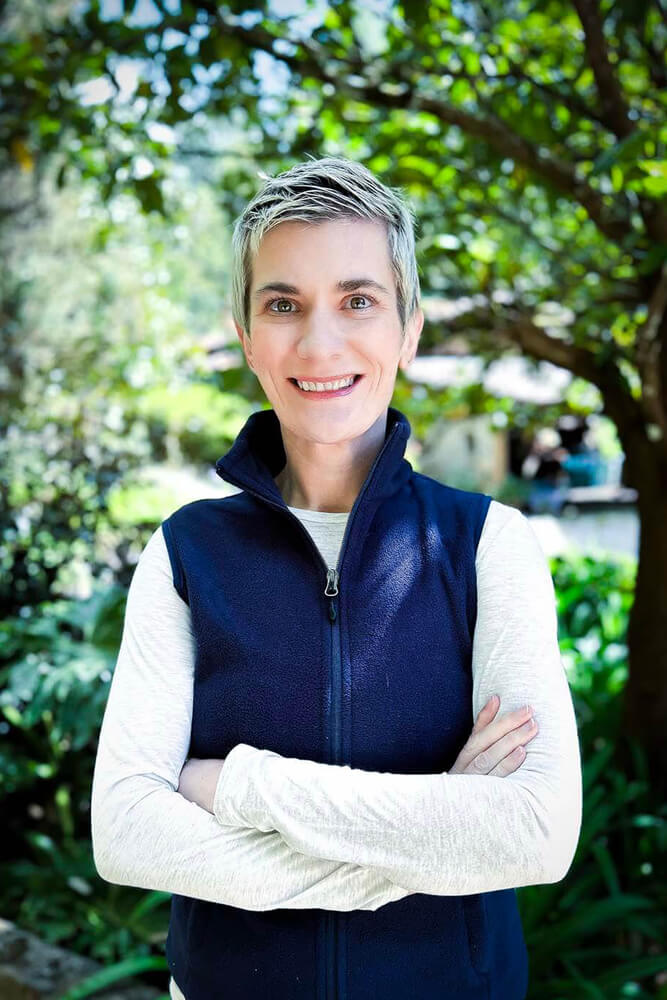Psilocybin may be the future answer to age related neurological issues like Alzheimer’s and other dementias. The current landscape for Alzheimer’s treatment is quite bleak. There are currently no successful therapies that alter the course of the disease. The success rate for clinical trials is arguably ZERO percent. But magic mushrooms and some similar psychedelics have unique properties that set them apart. They cross the blood brain barrier to stimulate neurogenesis, provoke neuroplastic changes, and reduce neuroinflammation.
Neuroplasticity and Neurogenesis
Neurogenesis is the process of forming new neurons while neuroplasticity is the process of forming new connections between them. Engaging in exercise and novel activities stimulate neuroplasticity and neurogenesis. This is the reason doctors and neuroscientists encourage staying active and participating in learning new skills such as ballroom dancing in our older years. Keep moving, keep learning, and hopefully our brains will get the memo and keep up.
Neuroinflammation
Current science indicates that neuroinflammation plays a big part in Alzheimer’s and other forms of dementia. In fact, some studies have shown that specific medications that target the inflammation associated with autoimmune conditions like rheumatoid arthritis or psoriasis also have had a favorable effect on the progress of neurodegenerative diseases. These medications can dramatically inhibit the production of TNF, a protein your body produces to signal inflammation. So why aren’t we all taking them preemptively to reduce the chances of Alzheimer’s? Well, these medications usually have quite severe side effects that affect the immune system and are prohibitively expensive.

Magic Mushrooms and Inflammation
So, what part do the magic mushrooms play here? Well, the classic psychedelics work directly to stimulate certain serotonin receptors (5HT2A). These receptors are directly involved in regulating the pro-inflammatory cytokines that play a significant role in neuroinflammation. While psilocybin itself has not yet been investigated as a modifier of inflammation, it is plausible that it could behave like other similar psychedelics used commonly in research such as such as R-DOI in suppressing inflammation because of the affinity for the same receptor. More info on the anti-inflammatory properties of psilocybin can be found here.
I do not really want to get too technical, but to sum it up, magic mushrooms target inflammation in a way that resembles that of the medications used to treat autoimmune diseases like RA, psoriasis, and colitis, but without the immunosuppressive side effects. Data seems to suggest that reducing neuroinflammation can improve outcomes, but most pharmaceuticals that can reduce inflammation like this come with a steep cost to your immune system. The information regarding favorable trends in results regarding Alzheimer’s is mainly based on data from that involved using these medications for other purposes, such as rheumatoid arthritis. According to this Washington Post article, Pfizer even had some PR difficulties after they declined to investigate some initially promising results with treatment with ENBREL, one of their RA drugs.
Why Is This Not Common Knowledge?
Why isn’t this common knowledge? And why haven’t there been multiple studies and scientists lining up to collect their Nobel prizes for “curing” Alzheimer’s? First of all, it isn’t exactly a cure. It is what it is- a substance that has the potential to reduce neuroinflammation. Neuro inflammation is complex and difficult to test, and the part it plays in neurodegenerative disease is equally complex. But using magic mushrooms does not come with the same risk of side effects that these other pharmaceuticals have.
In fact magic mushrooms, are extremely safe, so you may find yourself wondering- why not? If taking small amounts of magic mushrooms is harmless and has the potential to reduce the neuroinflammation that can lead to Alzheimer’s or other forms of dementia, why not go for it? There is also the factor of lack of profitability. Psilocybin grows easily and cheaply at home from spores that are legal to purchase in most states. There is just little incentive for research in this area.
Magic Mushrooms and Age
Many older people think of psychedelics as the territory of the young and reckless. They might even have fond memories of experience with them from a “misspent youth”. It is unfortunate that this attitude is so common, because these effects are often wasted on the young and we are set to benefit most from them in our older years. What a strange twist of events that the same substance that was so popular for recreational purposes, then demonized in the “war on drugs”, is turning out to be such a powerful tool for brain health.
Implementation
The studies suggest that a light dose can achieve the desired effect on neuroinflammation. An intense psychedelic trip is not necessary to achieve the benefits. Do I think it is a good idea to live a little and try a real trip at least once? Absolutely. But you can enjoy the potential anti-inflammatory benefits without necessarily subjecting yourself regularly to an intense psychedelic experience. Small doses are sufficient, though I would avoid the frequency of microdosing, especially until more studies are published regarding safety. A minidose feels no more intense than a glass of wine. If you want to give an intense psychedelic experience a try, I suggest checking out this article we have on managing the experience.
So how can you start incorporating psilocybin into your routine? With magic mushrooms being decriminalized in various states and cities around the US, it will become easier to find legal commercial suppliers. But if waiting around does not sound appealing, you can visit one of our retreats. At the retreat, we teach you to comfortably manage an intense psychedelic experience and discuss the various dosing schedules for different applications. We also have a full day comprehensive mushroom growing class so that you can grow your own mushrooms in the future.
Is it a good idea to take psilocybin mushrooms with advancing Alzheimer’s or other dementia? Maybe not. It is a can be a very confusing and destabilizing experience and this is probably not a good experience for someone who is already struggling with confusion. The best time to take advantage of the anti-inflammatory effects of psilocybin is earlier as part of a prevention plan.




4 Responses
What is the micro dosage for a beginner alzheime patient?
I’m trying to learn this too. I think it has to be below the level where any psychoactive effects can be actively perceived. And one only wants to dose every 4 to 5 or even 7 days, and perhaps not for an extended period. I’m reading about ‘cycling’, which is also being used for depression, anxiety and other conditions such as addiction, whereby a regimen over a given period – let’s say arbitrarily 3 weeks – is administered and then a period elapses where it isn’t – which I haven’t any idea about how long it should be, perhaps a couple of months? – and then another cycle starts.
Please don’t take these as anything more than speculation as it is so hard to find reliable information, primarily because of the legal restrictions (since 1974 in Canada) and therefore almost zero clinical research was done for almost 50 years and therefore there are hardly any peer-reviewed studies or literature.
There’s quite a lot of info about microdosing out there, just not as it related to Alzheimer’s. But given that there are zero effective treatments for Alzheimer’s and so far a barrage of experimental pharmaceuticals have made absolutely no progress in combating it, what is there to lose by trying? Microdosing psilocybin won’t cure Alzheimner’s, but it might help stave of it’s worst depravations.
I’m dealing with this in my immediate family right now.
Try .01 – .02 g every other day in a tea. Prior to brewing tea soak, by squeezing a lemon on the mushrooms. This helps the body process and should alleviate any potential stomach discomfort.
Be sure to steep the mushrooms separately from your desired tea of choice to avoid having the tea absorb any of the medicine.
I have noticed positive results this far. Improved ability to speak clearly, improved memory recollection, improved mood and he’s reporting a clearer head.
I am not suggesting this is a cure. I am suggesting improvement. Quality of life is key and so far this seems to be helping in this regard.
“Many older people think of psychedelics as the territory of the young and reckless. They might even have fond memories of experience with them from a “misspent youth”.”
I have to say, putting it this is a turn off. I’m 64 and a vastly experienced psychonaut. I do not at all consider the experience I have amassed throughout my life beginning in adolescence – which admittedly was too young and premature and I do not advocate nor recommend it – but it happened. But as I matured my approach changed, and eventually, getting married, having a career and raising a family precluded both the ability and the desirability of partaking.
I am not exactly typical, but I think by describing things in the manner you have in this instance is off putting because it trivializes people’s experiences and could even be construed as judgmental. I strongly suggest a rewrite.